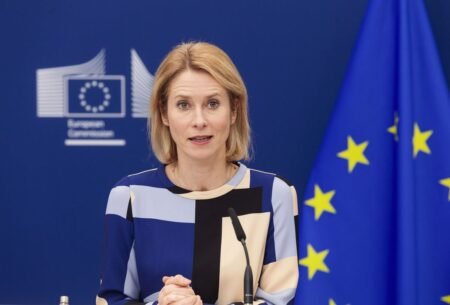(LUXEMBOURG) – The European Court of Auditors called Monday on EU legislators to intervene and ensure the European Central Bank allows full access to documents for audits related to banking supervision.
In a letter to the European Parliament, the auditors express concern that the ECB’s current position regarding access to documents and information prevents them from carrying out their work properly.
Banking supervision entails significant risks to the public purse, say the auditors, but they say they will not be in a position to carry out a proper audit of these activities unless the ECB adjusts its stance regarding access rights.
According to the ECA, there has been a lack of progress in their discussions with the ECB. They are now calling on the European Parliament and the Council to express full support for their rights to access banking supervision documents and, if considered necessary, to amend the current regulations, clarifying that they can access any documents they consider necessary.
“We are not seeking to audit monetary policy,” said Klaus-Heiner Lehne, the President of the European Court of Auditors. “But it is essential that we have full powers to audit the ECB’s supervisory activities. This is particularly important given the high risks to public funds from banking failures and the complexity of the new supervisory mechanisms.”
Writing in response to a request from the Parliament, the auditors highlight three occasions when they have been denied access to important information. Their 2016 audit of the Single Supervisory Mechanism faced severe difficulties in obtaining audit evidence. During work on their 2017 special report on the Single Resolution Board, the Board insisted on removing any data originating from the ECB. Then, in January 2018, when the auditors reported on the ECB’s crisis management role in relation to banking supervision, the ECB again denied access to the documents needed to carry out the audit work as initially planned.
The EU Auditors’ letter follows a call in November 2018 by the heads of the supreme audit institutions (SAIs) of the EU and its Member States to clarify and harmonise the audit mandates of the national SAIs. The SAIs asked national governments and parliaments to address a number of deficiencies in the accountability and audit arrangements for EU banking supervision in view of the current efforts to complete the Banking Union.








